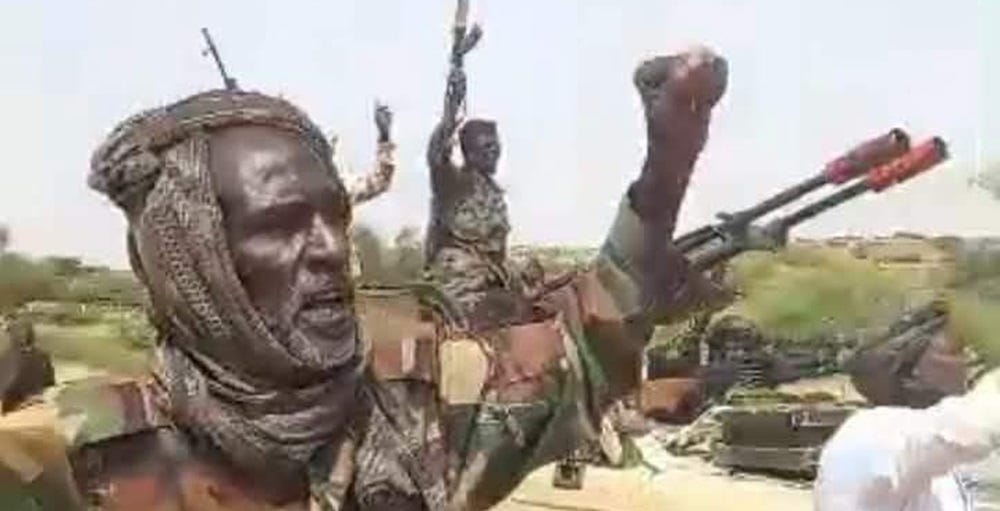General defects from neutral SLA-AW
Prominent defector announces army-aligned faction and declares war on RSF
A senior military commander of the Sudan Liberation Movement/Army (SLM/A) led by Abdelwahid al-Nur (SLM/A-AW), a neutral armed group in the current civil war, has announced his defection and the establishment of a new faction aligned with the Sudanese Armed Forces (SAF) against the Rapid Support Forces (RSF).
In a state…


